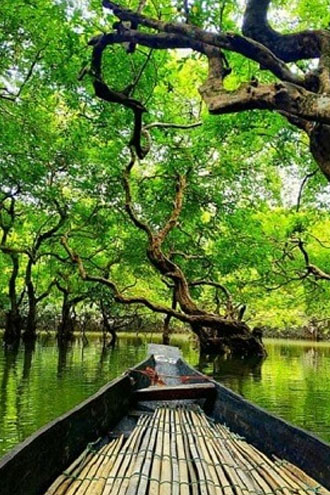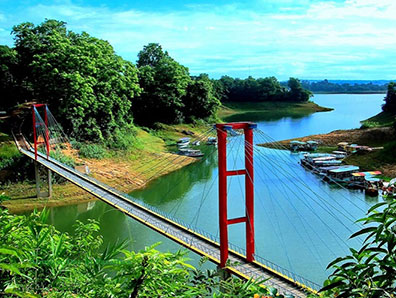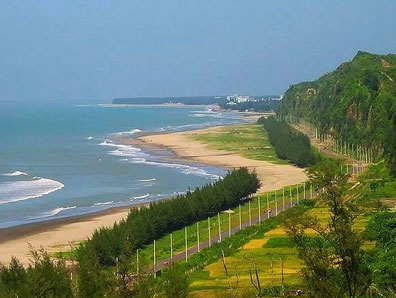Bhutan is a country located in South Asia, bordered by China to the north and India to the south, east and west. The capital and largest city is Thimphu. The official language is Dzongkha and the currency is the Bhutanese ngultrum. The population is around 800,000.
Bhutan has a diverse climate, ranging from subtropical in the south to alpine in the north. Its economy is largely based on agriculture, forestry, and hydroelectric power. Bhutan also has a growing tourism industry, with visitors coming to explore its natural beauty, traditional culture, and unique approach to development, known as "Gross National Happiness".
Bhutan is a constitutional monarchy, with the King as the head of state and a prime minister as the head of government. The country has a stable, democratic government and has a policy of isolationism, which has helped to preserve its traditional culture and environment.
Bhutan has a rich history and culture, with influences from Buddhism, Hinduism, and the ancient Bon religion. The country is home to many historic sites and landmarks, such as the Punakha Dzong and the Paro Taktsang (Tiger's Nest) Monastery. Bhutan is also known for its traditional festivals and music, such as the Paro Tshechu and the Bhutan International Music Festival.
Bhutan is known for its natural beauty, including the Eastern Himalayas, which include the highest mountain in Bhutan, Gangkhar Puensum at 7,570 m (24,836 ft) and other peaks over 7,000 m, and its diverse ecosystems, such as the tropical forests in the south and the alpine meadows in the north. The country is also home to many national parks, such as Jigme Dorji National Park, and many sacred sites, such as the Bumthang, the spiritual heartland of Bhutan.
Bhutan has a unique approach to development, the "Gross National Happiness" which prioritizes the well-being of the population and the preservation of the country's culture and environment over economic growth.


